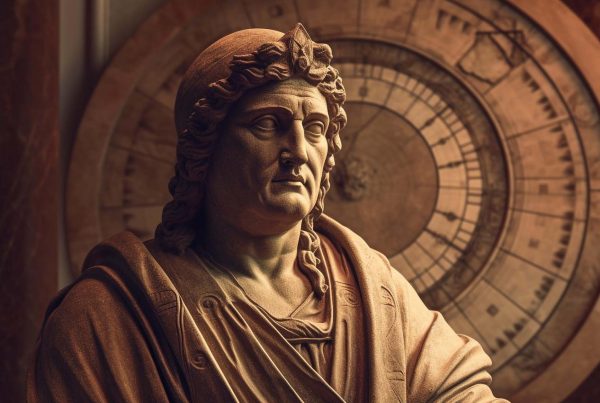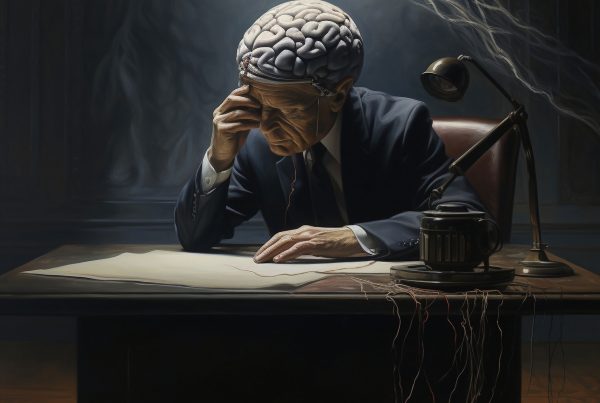 EMPIRICISM
EMPIRICISM
 THE SOPHISTS
THE SOPHISTS
THE SOPHISTS
 ATOMISM
ATOMISM
ATOMISM
 CLASSICAL PHILOSOPHY
CLASSICAL PHILOSOPHY
CLASSICAL PHILOSOPHY
 TRANSCENDENTAL IDEALISM
TRANSCENDENTAL IDEALISM
TRANSCENDENTAL IDEALISM
 PLATO
PLATO
PLATO
 METAPHYSICS
METAPHYSICS
METAPHYSICS
 NON-CLASSICAL LOGIC
NON-CLASSICAL LOGIC
NON-CLASSICAL LOGIC
 PHILOSOPHICAL FILMS AND TV SHOWS
PHILOSOPHICAL FILMS AND TV SHOWS
PHILOSOPHICAL FILMS AND TV SHOWS
 PHILOSOPHY OF RELIGION
PHILOSOPHY OF RELIGION
PHILOSOPHY OF RELIGION
 PYTHAGOREANISM
PYTHAGOREANISM
PYTHAGOREANISM
 THE EARLY MODERN PERIOD
THE EARLY MODERN PERIOD
THE EARLY MODERN PERIOD
 LOGICAL ATOMISM
LOGICAL ATOMISM
LOGICAL ATOMISM
 PHENOMENOLOGY
PHENOMENOLOGY
PHENOMENOLOGY
 GUIDES TO PHILOSOPHICAL WRITING
GUIDES TO PHILOSOPHICAL WRITING
GUIDES TO PHILOSOPHICAL WRITING
Logic
Books
-
Night Dive to Heaven: The Miraculous Life Changing Experience of Ian McCormack as told to Richard Drebert
$25.00 -
The Communist Manifesto
$3.00 -
A Brief History of Thought: A Philosophical Guide to Living (Learning to Live)
$12.29 -
Transcendentalism and the Cultivation of the Soul
$104.00 -
Philosophy 101: From Plato and Socrates to Ethics and Metaphysics, an Essential Primer on the History of Thought (Adams 101 Series)
$12.79 -
The Philosophy Book /anglais
$23.00 -
The Story of My Experiments with Truth Mahatma Gandhi (Deluxe Hardbound Edition) : An Autobiography
$0.19 -
The Analytic Tradition in Philosophy, Volume 1: The Founding Giants
$52.92 -
How to Know a Person: The Art of Seeing Others Deeply and Being Deeply Seen (Random House Large Print)
$32.00 -
The Origin and Goal of History (Routledge Classics)
$18.36 -
Antifragile: Things That Gain from Disorder (Incerto)
$11.94 -
An American Utopia: Dual Power and the Universal Army
$34.95 -
Meditations Illustrated Edition: Wisdom Unleashed: Empowering Lessons from a Stoic Emperor
$9.99 -
People of the Lie: The Hope for Healing Human Evil
$10.99 -
The Rhine River: Travel Journal
$6.99 -
The Upanishads (Easwaran’s Classics of Indian Spirituality Book 2)
Reexamining Spacetime Substantivalism: A Critique of Modal Arbitrariness and Determinism in Teitel’s Framework
Reexamining Spacetime Substantivalism: A Critique of Modal Arbitrariness and Determinism in Teitel’s Framework
Rule-Following and Artificial Intelligence: A Kripkean Perspective
The Eternal Coexistence of Consciousness and Spacetime: A Philosophical Inquiry
Embracing Contradiction: An In-Depth Analysis of Dialetheism
Analysis of, and Responses to Edmund Gettier’s “Is Justified True Belief Knowledge?”
The Unstable Foundation: A Critique of the Ontological Proof of God’s Existence
Meta-Modal Actuality: A Dynamic Framework for Possibility, Actualization, and Causality
Killing, Morality, and the Human Condition: A Philosophical Investigation
The Intricacy of Existence: A Philosophical Exploration of Complexity, Contingency, and Divine Agency
The Ethics of Procreation and the Rational Acceptance of Life: A Critical Engagement with Weinberg’s Argument
Imagination, Consciousness, and the Nature of the Soul: A Philosophical Inquiry
The Interplay of Karma, Rebirth, and Non-Self in Buddhist Philosophy: A Metaphysical Inquiry
Metaphysical Perspectives: A Comparative Analysis of Theism and Atheism
The Infinite Universe, Death, and the Search for Meaning: A Philosophical Exploration of Existence, the Divine, and Human Mortality
The Unconscious Artistry of Artificial Intelligence: A Modern Reflection on Spinoza’s God and the Blind Watchmaker
The Ethics of Procreation and the Rational Acceptance of Life: A Critical Engagement with Weinberg’s Argument
- Atomos
- AESTHETICS
- ENVIRONMENTAL PHILOSOPHY
- EPISTEMOLOGY
- ETHICS
- EXISTENTIALISM AND PHENOMENOLOGY
- FEMINIST PHILOSOPHY
- GLOBAL AND COMPARATIVE PHILOSOPHY
- HISTORICAL PERIODS OF PHILOSOPHY
- LOGIC
- METAPHYSICS
- PHILOSOPHY OF EDUCATION
- PHILOSOPHY OF HISTORY
- PHILOSOPHY OF LANGUAGE
- PHILOSOPHY OF LAW
- PHILOSOPHY OF MIND
- PHILOSOPHY OF SCIENCE
- PHILOSOPHY OF TECHNOLOGY
- POLITICAL AND SOCIAL PHILOSOPHY
Terms & Concepts

Phenomenology






























































